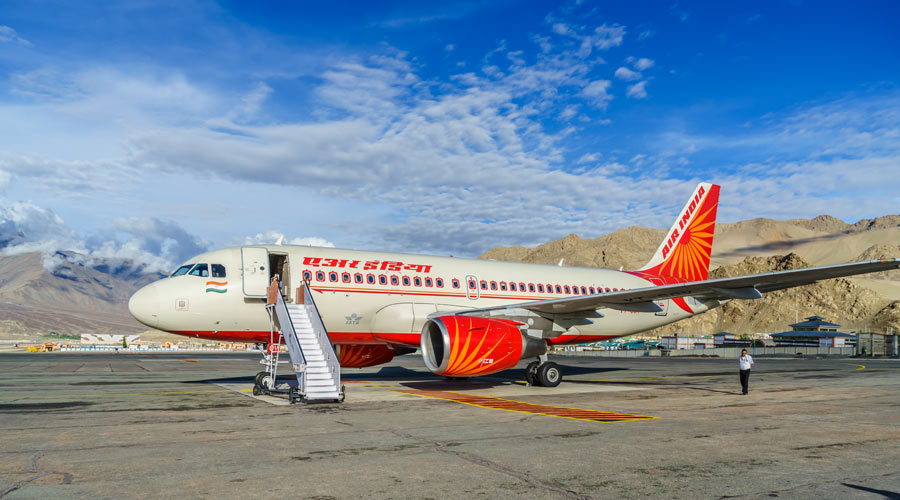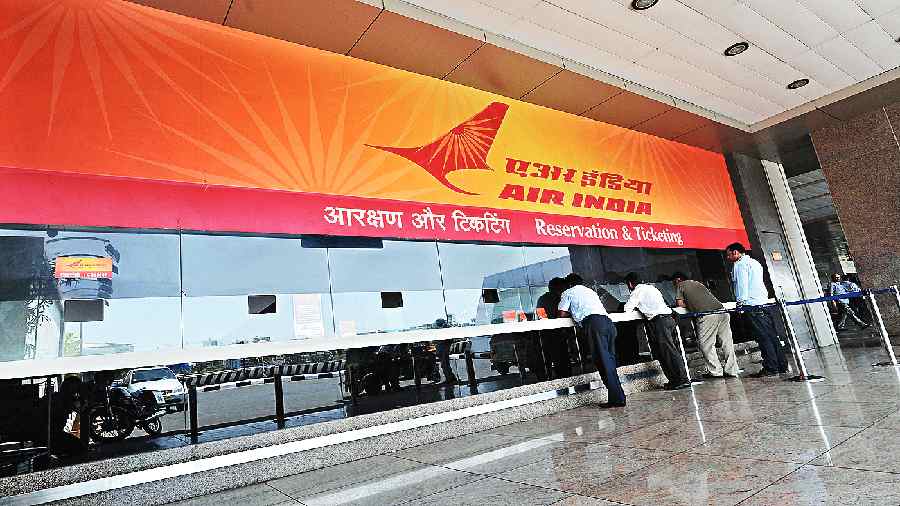Tata Group-owned Air India has lost its preferential access to bilateral rights that are needed to operate flights to another country, according to a circular issued by the Directorate General of Civil Aviation (DGCA).
Air India had preferential access to bilateral rights, which are granted under air services agreements signed between two countries -- as it was a government-owned national carrier.
However, the Tata Group took control of Air India on January 27, after successfully winning the bid for the airline on October 8 last year.
Clause 3.6 of the previous DGCA circular stated, "Due consideration shall be given to the operational plans submitted by Air India Limited before allocation of the traffic rights to the other eligible applicants."
The fresh DGCA circular, which was issued on April 19, removed the clause.
"The central government may at its discretion grant or deny allocation of traffic rights to any air transport undertaking having regard to its preparedness to undertake such operations, viability of the operations on a particular route, overall interests of the civil aviation sector etc.," the fresh circular read.
For the airlines of a particular country to operate international flights to another country, the two sides have to negotiate and sign a "bilateral air services agreement", which decides how many flights (or seats) per week can be allowed to fly from one country to the other.
Once such an agreement is signed, each country is free to allocate the bilateral rights to its respective airlines.
Even after such flying rights are allocated to an airline, it must have slots at both the airports in order to start flight operations.
A slot is a date and time at which an airline's aircraft is permitted to depart or arrive at an airport.
The slots are allocated by a committee that consists of civil aviation ministry and DGCA officials, airport operators and airlines, among others.
The Tata Group is yet to appoint a chief executive officer (CEO) for Air India. However, its chairman N Chandrasekaran rejigged the top management of the airline earlier this month, bringing in senior executives who have worked in other companies of the group such as Tata Steel.












